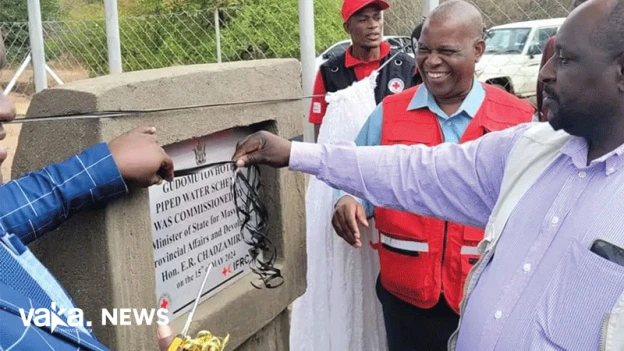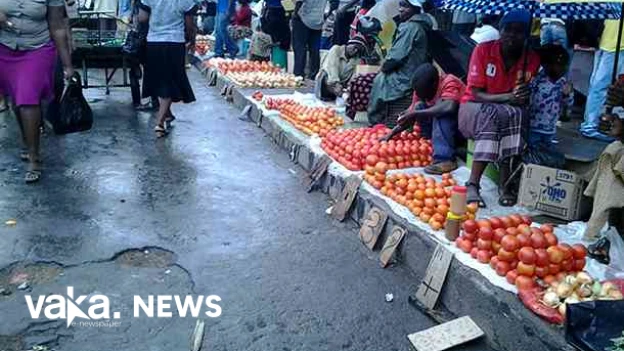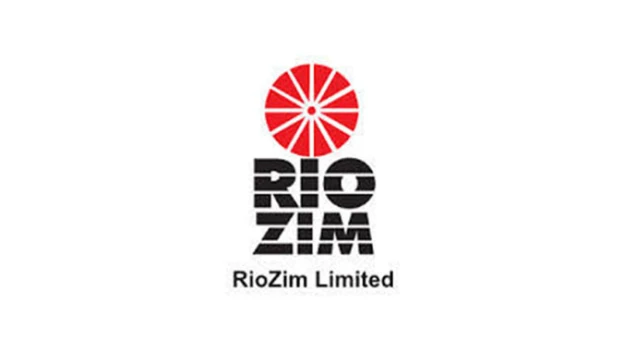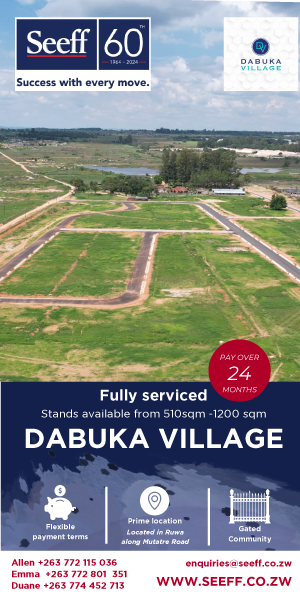Byo water crisis set to worsen
- Category: General
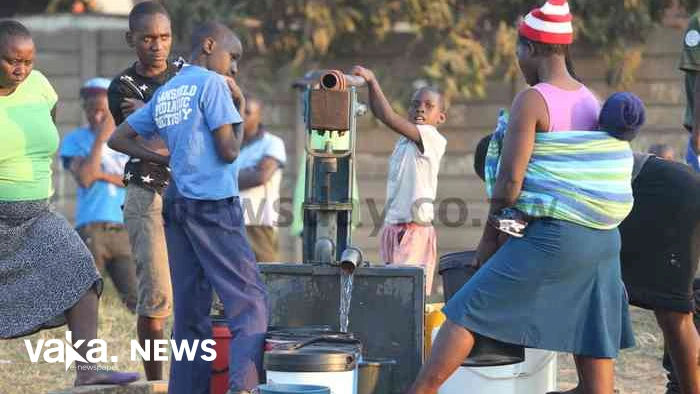
- By Dion Kajokoto
BULAWAYO'S water crisis could worsen since several of the boreholes drilled by the government in and around the city are producing no water. Bulawayo Provincial Affairs and Devolution secretary Paul Nyoni told Southern Eye that the water table in the country's second largest city is now so low that drillers are finding a lot of dry holes. Last year, the government provided the Bulawayo metropolitan province with one drilling rig to address the city's ongoing water issue, which has been aggravated by the countrywide El Niño-induced drought.
Due to the city's dire water condition, the Bulawayo City Council has turned off water services for approximately 120 hours every week. The enormous number of unproductive boreholes being drilled may exacerbate the hardship of those who hoped the boreholes would help quench their thirst. "We have sunk boreholes in the city with the government's drilling rig, but the main issue is that there is a high percentage of dry holes," Nyoni told Southern Eye in an interview. "At most times, we will be having a target to sink a number of boreholes, but because of the water table, we do not sink the desired number," he explained.
Nyoni also revealed that the government was battling vandalism, which forced it to drill boreholes in relatively safe institutions. "We've been drilling boreholes primarily in institutions, or parastatals, with enough security. We have not been drilling in open spaces due to a high level of vandalism, which is why many communities have not seen our activity," he stated.
Nyoni stated that the provincial leadership was expecting the central government to deliver another drilling rig. Zimbabwe's government plans to drill 10,000 boreholes in the country's driest regions to alleviate the impact of El Niño-induced drought. Leonard Munamati, director of advisory services for the Lands, Agriculture, Fisheries, Water, and Rural Development ministry, said the administration had consulted with partners on how to alleviate the effects of the drought. Munamati stated that the project would require drilling at least 1,000 boreholes per month with Zimbabwe National Water Authority rigs.


